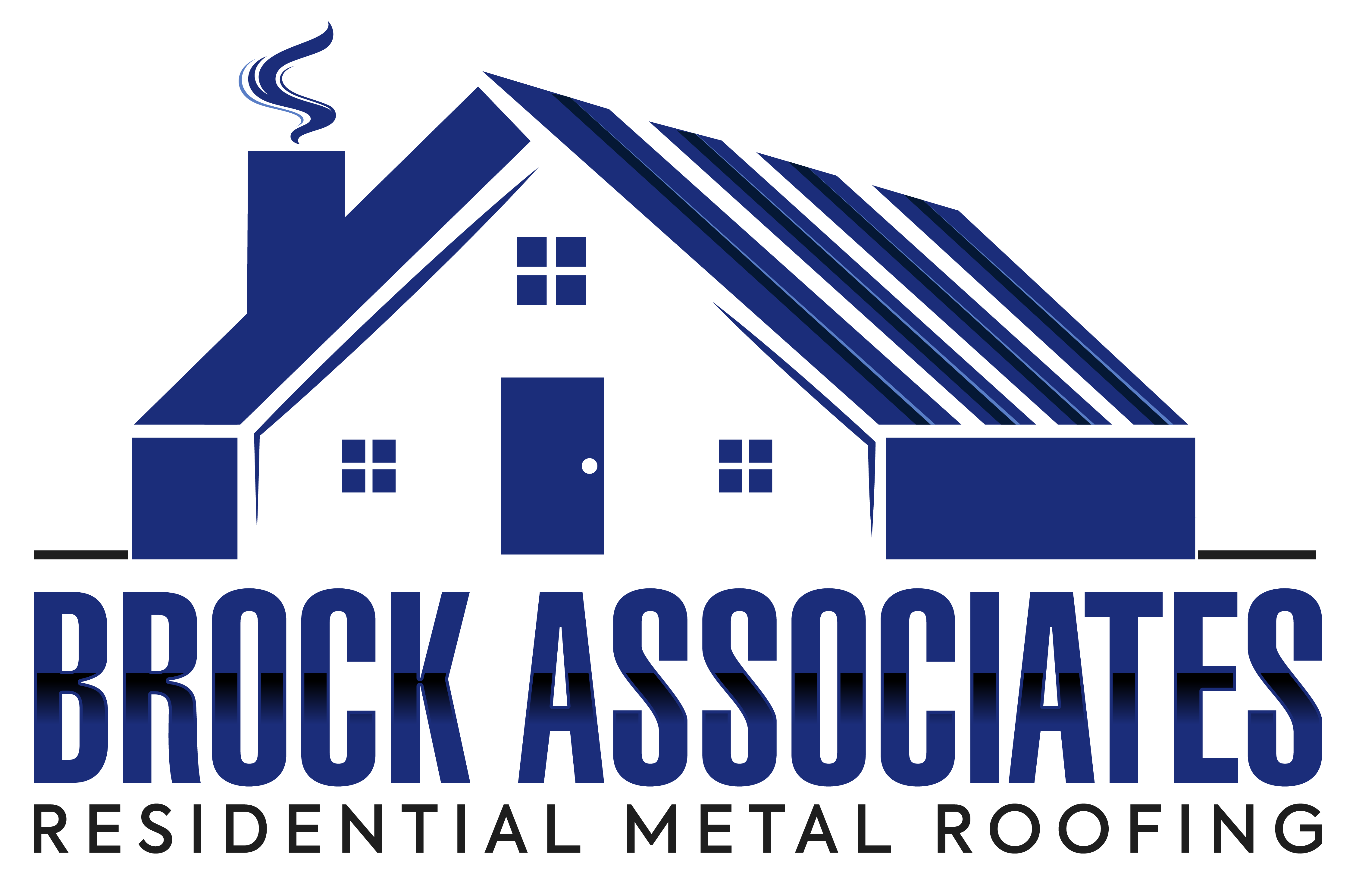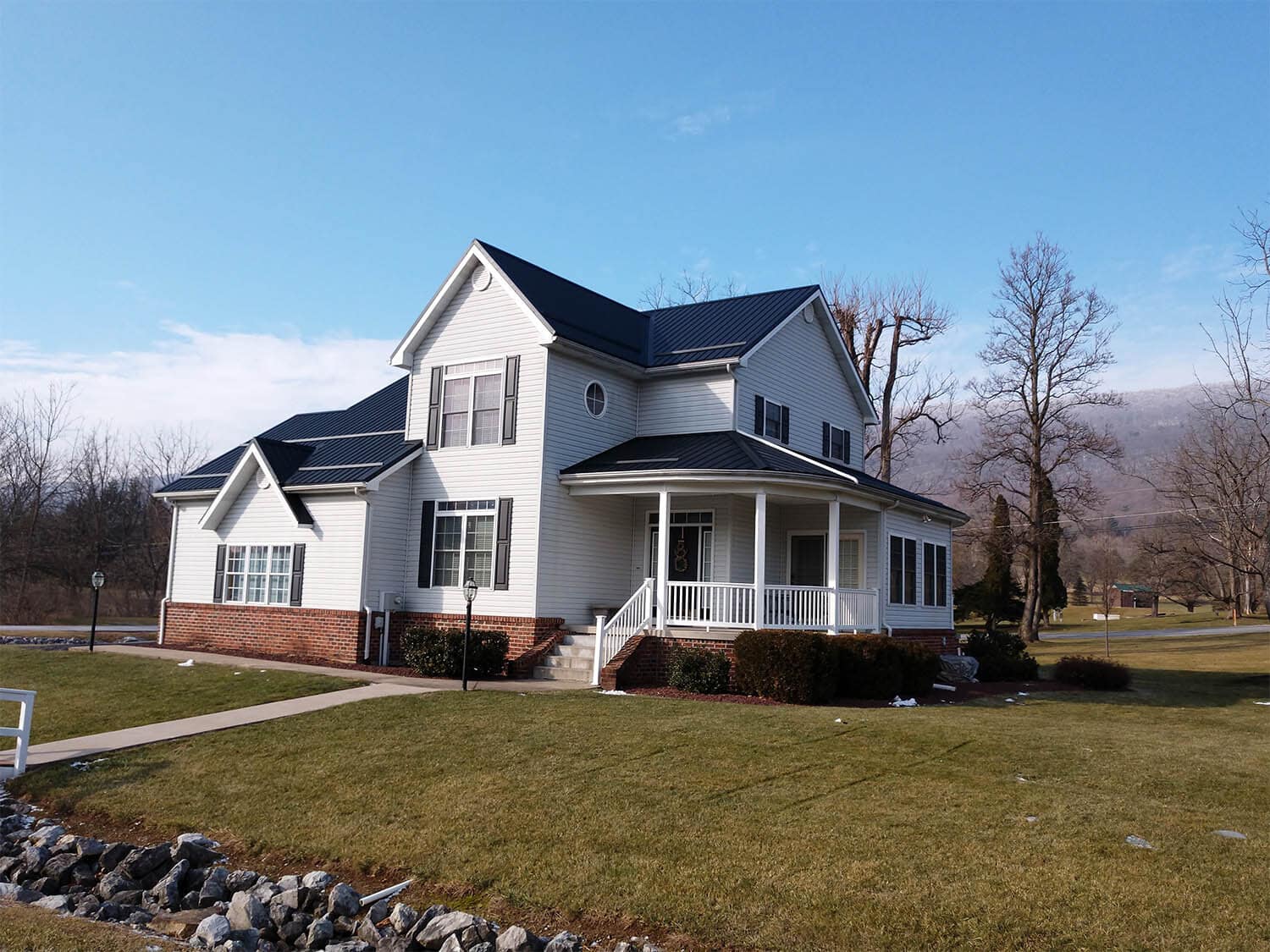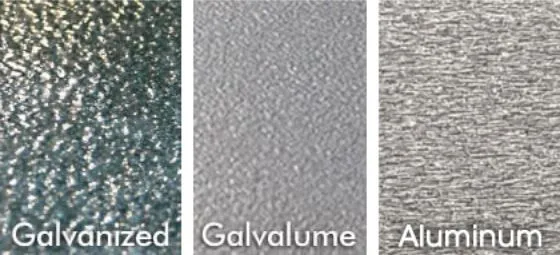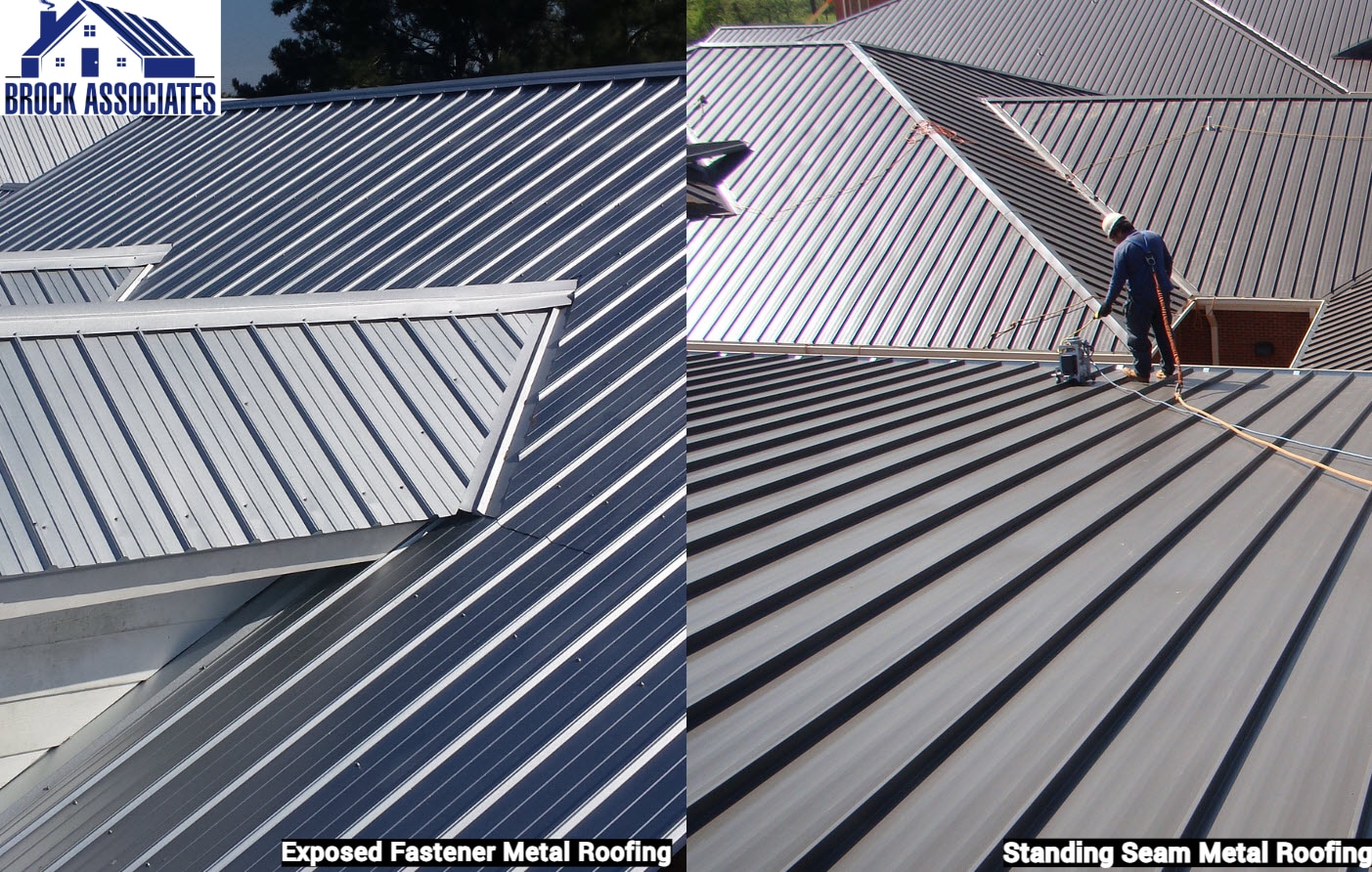When it comes to choosing a roofing material for your home, the options can seem overwhelming. However, one choice stands out for its durability, energy efficiency, and long-term value: metal roofing. Below, we explore the many advantages of metal roofing and address the top 10 frequently asked questions to help you make an informed decision.
Advantages of Metal Roofing
- Durability
- Metal roofs are known for their exceptional durability. They can withstand extreme weather conditions, including heavy snow, strong winds, and intense heat, far better than traditional roofing materials. Metal roofs are also resistant to cracking, shrinking, and eroding, ensuring a longer lifespan.
- Longevity
- A metal roof can last 40 to 70 years, depending on the material. Traditional asphalt roofing materials have an estimated life expectancy of roughly 12 to 20 years. This significant difference in lifespan makes metal roofing a cost-effective long-term investment.
- Energy Efficiency
- Metal roofs reflect solar radiant heat, which can reduce cooling costs by 10-25%. Many metal roofing systems also have energy-efficient coatings that provide additional thermal protection.
- Environmentally Friendly
- Metal roofs are often made from recycled materials and are fully recyclable at the end of their life. This makes metal roofing an environmentally sustainable option compared to traditional roofing materials, which contribute significantly to landfill waste.
- Low Maintenance
- Unlike other roofing materials, metal roofs require minimal maintenance. They are resistant to many of the issues that affect other types of roofing, such as moss, mildew, and insect infestation.
- Fire Resistance
- Metal roofs are non-combustible and have a Class A fire rating, the highest rating available. This makes them an excellent choice for areas prone to wildfires.
- Weight
- Metal roofing is lighter than many other roofing materials, which means it can often be installed over existing roofs without the need for additional structural support. This can save on labor and disposal costs.
- Versatility
- Metal roofs are available in a variety of styles, colors, and finishes. They can mimic the look of traditional materials like shingles, slate, or tile while providing the benefits of metal.
- Increased Home Value
- Installing a metal roof can increase your home’s resale value. Prospective buyers are often willing to pay more for a home with a durable, energy-efficient roof that requires less maintenance.
- Quick Installation
- Metal roofing systems can often be installed more quickly than traditional roofing materials, reducing labor costs and minimizing disruption to your home life.
Top 10 Frequently Asked Questions About Metal Roofing
- How much does a metal roof cost?
- The cost of a metal roof varies depending on the material and the complexity of the installation. On average, metal roofing costs more upfront than asphalt shingles, but the long-term savings on maintenance, repairs, and energy bills often outweigh the initial investment.
- Is a metal roof noisy when it rains?
- A properly installed metal roof with solid sheathing or insulation can be quieter than an asphalt shingle roof. The noise level is comparable to other roofing materials.
- Can a metal roof be installed over my existing roof?
- In many cases, yes. Metal roofs are lightweight and can often be installed over existing roofs without additional structural support, reducing labor and disposal costs.
- Are metal roofs energy efficient?
- Yes, metal roofs reflect solar radiant heat, which can reduce cooling costs. Many metal roofing systems also have energy-efficient coatings that enhance their thermal performance.
- Will a metal roof rust?
- Modern metal roofs are designed to resist rust. They are coated with protective layers that prevent corrosion and extend the roof’s lifespan.
- Do metal roofs attract lightning?
- No, metal roofs do not attract lightning. However, if a metal roof does get struck by lightning, it can safely dissipate the electrical charge because metal roofing is non-combustible.
- How do metal roofs handle extreme weather?
- Metal roofs are exceptionally durable and can withstand extreme weather conditions, including heavy snow, strong winds, and hail. They are also fire-resistant.
- What maintenance does a metal roof require?
- Metal roofs require minimal maintenance. Periodic inspections and cleaning to remove debris are usually sufficient to keep a metal roof in good condition.
- Are metal roofs environmentally friendly?
- Yes, metal roofs are often made from recycled materials and are fully recyclable at the end of their life. This makes them an environmentally sustainable option.
- Can a metal roof increase my home’s value?
- Yes, installing a metal roof can increase your home’s resale value. Buyers appreciate the durability, low maintenance, and energy efficiency of metal roofs.
In conclusion, metal roofing offers a host of benefits that make it an excellent choice for homeowners looking for durability, energy efficiency, and long-term value. Whether you’re building a new home or replacing an old roof, a metal roof can provide you with peace of mind and significant savings over time. If you have more questions or need expert advice on metal roofing, feel free to contact us at [Your Company Name]. We’re here to help you make the best decision for your home.



